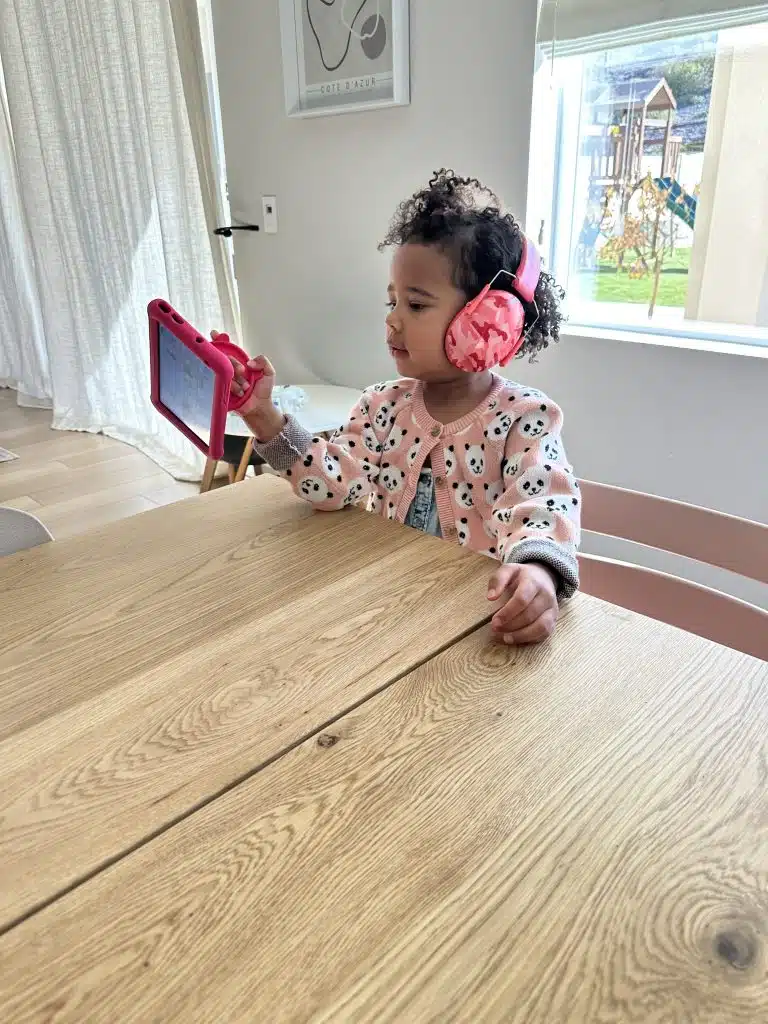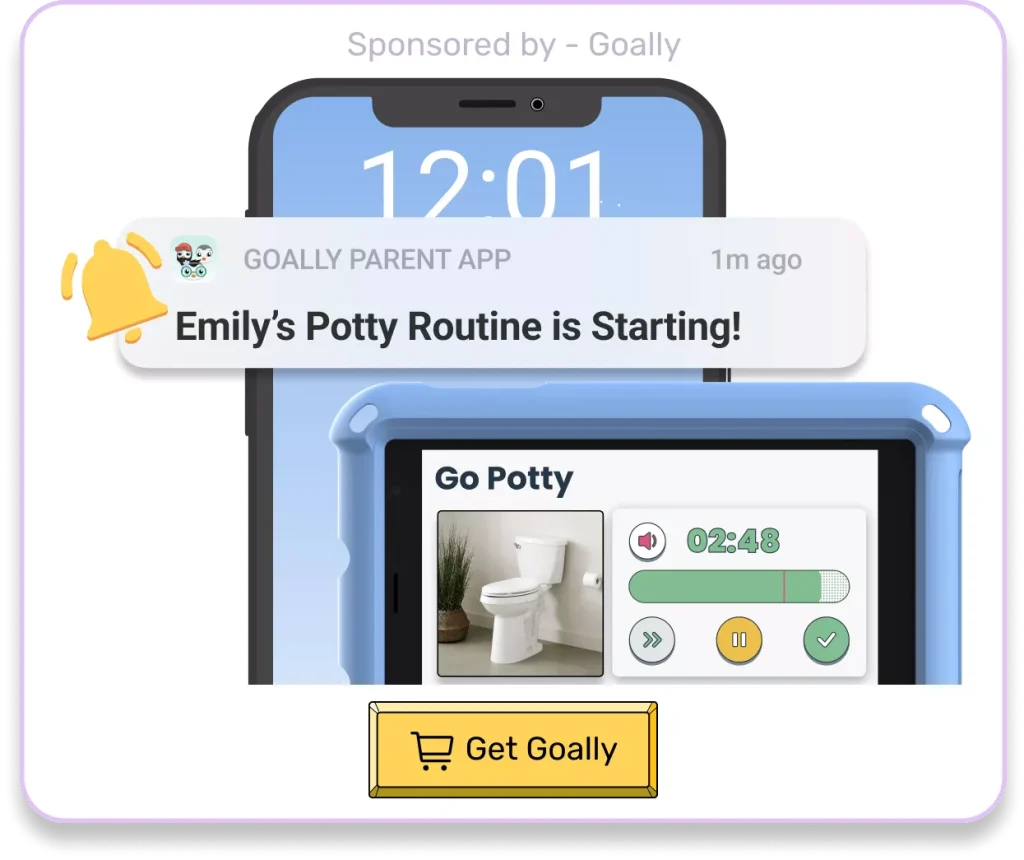Let’s face it, parenting neurodivergent kids can be demanding, and as a parent, you want to understand and support your child’s unique needs. If you suspect your child may be on the autism spectrum, an autism spectrum test can serve as a helpful first step towards that understanding.
Table of Contents
Understanding the Autism Spectrum
Before we dive into the test, it’s essential to comprehend the autism spectrum. Autism, or Autism Spectrum Disorder (ASD), is a wide-ranging developmental condition that affects the way people communicate, socialize, and interact. The manifestations can vary greatly, with some individuals experiencing mild ASD-related challenges while others face significant obstacles in daily life. Recognizing your child’s condition can better equip you to provide the appropriate support, ensuring they thrive.
Why Early Detection Matters
Detecting ASD early can make a world of difference for your child. Early intervention and support have been shown to significantly enhance the development and quality of life for neurodivergent kids. So, staying alert to the signs and taking an autism spectrum test is an important step in ensuring your child receives the care they deserve.
- Expand their Communication Skills: Early detection and intervention can help kids with ASD improve their conversational skills and reduce communication barriers.
- Enhance Social Interaction: With appropriate support, kids on the autism spectrum can refine their social skills, enabling them to form more meaningful connections with their peers and family.
- Boost Cognitive Abilities: Early intervention can lead to improvements in problem-solving, attention span, and adaptive behavior, thus fostering increased autonomy.
Goally | Visual Scheduler for Autism
Does your child struggle with getting ready in the morning independently? Goally’s routine app on the best tablet for kids breaks down large tasks into small, achievable steps for autistic kids. Create custom routines with your own videos & pictures for every step.
Recognizing the Signs of Autism in Kids
Becoming familiar with the early signs of autism can help you identify potential concerns and take the appropriate steps. Here are some common early indicators of autism in kids:
- Delayed speech and language development
- Repetitive and stereotyped behaviors
- Diverse sensory sensitivities
- Difficulty with social skills and forming relationships
- Challenges with nonverbal communication
- Trouble adapting to sudden changes
- Intense interests in specific topics or activities

Keep in mind that the presence of one or a few of these signs does not confirm a diagnosis of autism. However, if you observe consistent developmental differences in your child, it might be time to consider taking an autism spectrum test or consult with a professional.
Autism Spectrum Test: 10 Key Questions
The following autism spectrum test is designed to provide insights based on your child’s behavior and developmental progress. It’s not a formal diagnostic tool, but it can serve as a helpful first step toward uncovering ASD indicators that warrant further professional evaluation. So take your time and reflect on these questions and decide whether to seek expert advice.
Where to Go From Here
If the autism spectrum test indicates that your child may display ASD-related signs, don’t panic. Remember, ASD is a spectrum, and each child with ASD is unique, so no two kids’ experiences are alike. Schedule a consultation with a trusted professional to assess and discuss your child’s situation further.
Building a Supportive Environment for Your Child
As a parent, you are essential in supporting your neurodivergent child. Whether it’s through early intervention programs, educational accommodations, or daily routines, understanding the autism spectrum allows you to create an environment where your child can develop their skills and flourish. Here are some ideas to consider:
- Create a Structured Routine: Kids with autism often thrive in structured environments. Establish daily routines and schedules to provide consistency and predictability for your child.
- Modify Your Communication Style: Adjust your communication style to accommodate your child’s needs better. Use simple language, visual cues, and repetition to aid in comprehension.
- Encourage Social Interaction: Provide opportunities for social interaction in a controlled setting to help your child develop social skills gradually and with minimal anxiety.
- Consider Educational Accommodations: Work with your child’s educational team to access appropriate accommodations and individualized support in the classroom. Also, look for inclusive educational settings that can enrich your child’s experience.
- Seek Professional Support: Collaborate with specialists such as occupational therapists, speech-language pathologists, and psychologists who can provide targeted strategies for your child’s specific needs.
Helping Your Child Develop Their Unique Talents and Skills

Read more: Autism Explained for Grandparents
Every child on the autism spectrum has unique strengths and abilities. Identifying and nurturing these talents can play a significant role in boosting their self-esteem and fostering personal growth. Here are some recommendations to support your child in developing their unique skills:
- Provide Exposure to Diverse Interests: Expose your child to various hobbies, activities, and experiences that highlight different talents and skills.
- Encourage Exploration and Creativity: Encourage your child to explore their interests, experiment with new ideas, and express their creativity in various ways.
- Recognize and Celebrate Successes: Acknowledge your child’s achievements, praise their efforts, and celebrate their successes to help build confidence and reinforce positive behaviors.
- Be an Advocate for Your Child: Speak up for your child’s needs, be proactive in seeking resources and opportunities, and collaborate with educators and professionals to support the development of their unique talents.
Collaborating with Educators and Professionals
Forming strong partnerships with your child’s educators and the professionals who support their development is crucial. Here are some suggestions to maximize these collaborations:
- Communication is Key: Open and regular communication helps you stay informed of your child’s progress and exchanges vital information that benefits both home and school environments.
- Get Involved: Participate in parent-teacher meetings and other school engagements to become a more effective advocate for your child.
- Share Insights and Strategies: Discuss your child’s strengths, challenges, and successful strategies with their educators and therapists to ensure a consistent approach in different settings.
- Work as a Team: Collaborate with educators and therapists to develop individualized plans that address your child’s specific needs.
Embrace your child’s individuality and strengths while providing the support they require—every milestone, big or small, deserves celebration. And remember, you’re not alone! Join online communities, engage with other parents who have kids with ASD, and keep educating yourself to make the best possible choices for your child.
Empowering Your Child and Promoting Independence
As your neurodivergent child grows, it becomes more critical to foster their independence and equip them with essential life skills. Here are some tips for promoting personal autonomy and self-sufficiency:
- Teach Daily Living Skills: Guide your child through age-appropriate tasks, such as dressing, personal hygiene, and simple household chores, to build practical life skills.
- Develop Problem-Solving: Abilities Encourage your child to think critically and work through everyday challenges, providing guidance only when necessary.
- Foster Decision-Making Skills: Offer your child choices and opportunities to make decisions, enabling them to develop confidence in their judgment.
- Encourage Self-Advocacy: Help your child recognize their needs and teach them to communicate those needs effectively to others.

“I found Goally on Instagram a few months ago and I thought, this sounds like a perfect aid for Ivy. Ivy had just started speaking, but her communication was still very minimal. Goally’s visual schedule and AAC-inspired Talker had me really interested. While we want and believe Ivy will find her voice and spoken language, we also believe that communication comes in many forms. Goally has helped us offer our daughter a voice while she learns to find her own. The key is to support communication in whatever form that takes.” – Cassidy I.
Recognizing the needs of your neurodivergent child and taking the appropriate steps towards understanding their experiences can help them reach their full potential. Utilize the autism spectrum test as a starting point to explore your child’s developmental progress. Create a supportive and nurturing environment that cultivates their talents and growth. Remember, you’re not alone in this journey – seek professional guidance and above all, believe in your child’s potential for success.
This post was originally published on 05/01/2023. It was updated on 07/05/2023.

Goally
We help parents teach their kids life skills, like doing bedtime and morning independently. Backed by science, we incorporate evidence-based practices and expert-informed designs in all of our apps and content.






